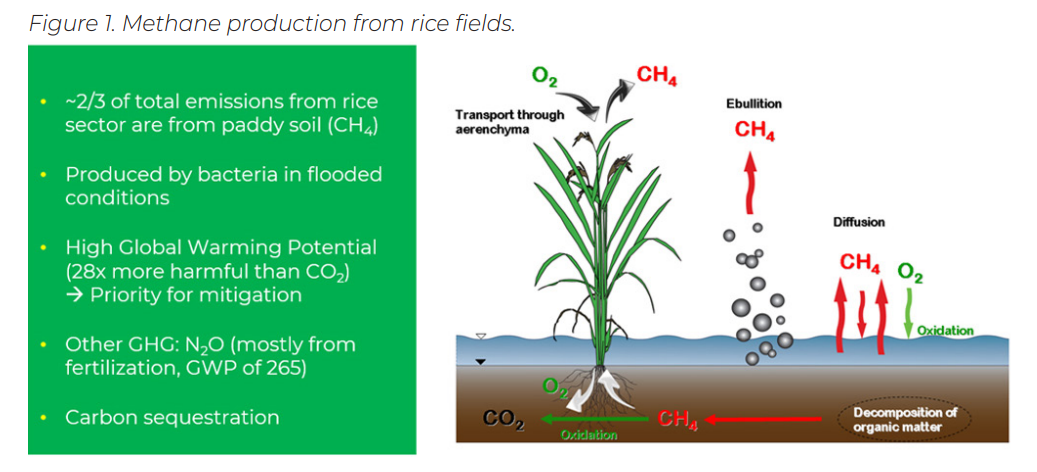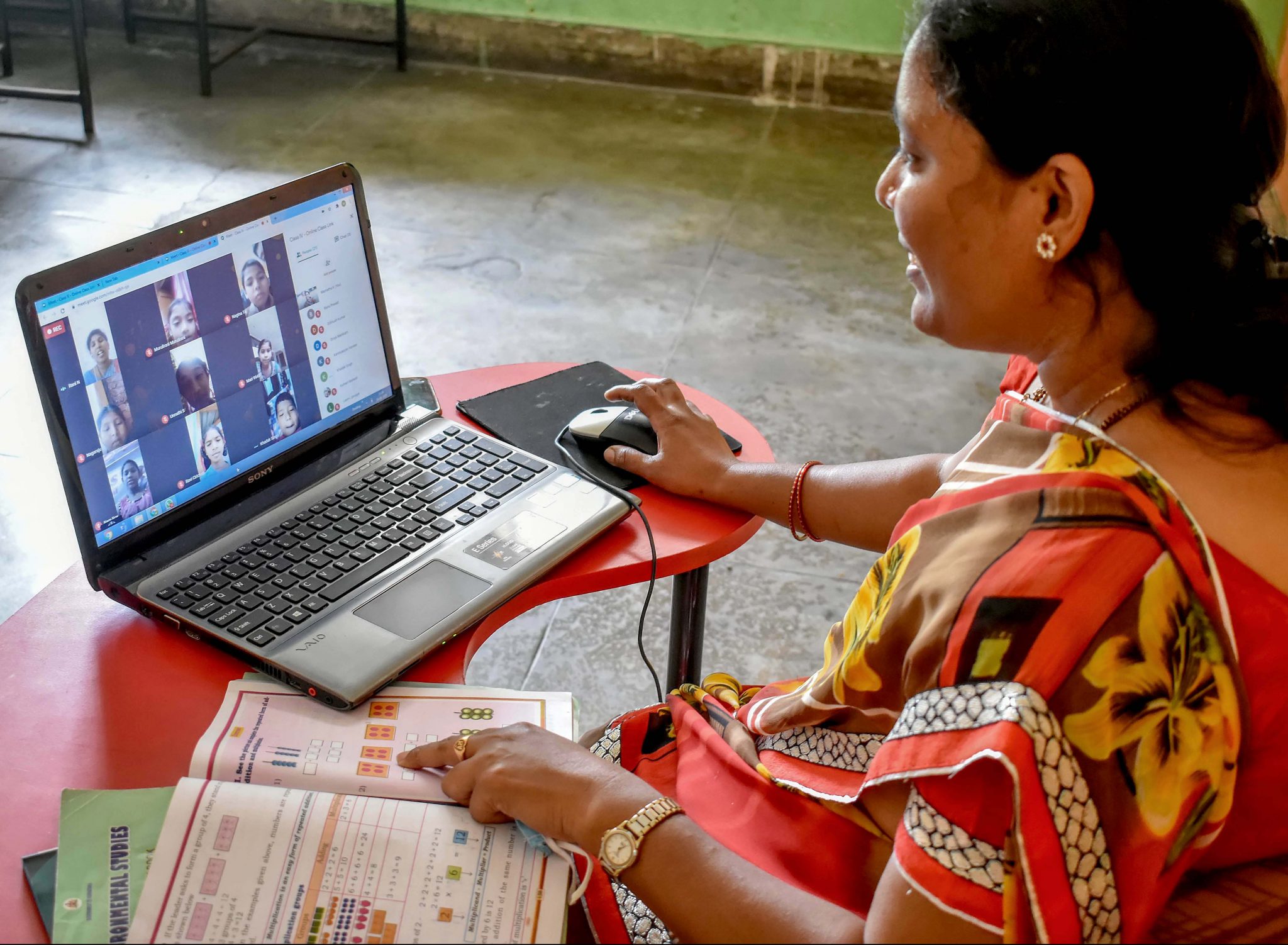- Courses
- GS Full Course 1 Year
- GS Full Course 2 Year
- GS Full Course 3 Year
- GS Full Course Till Selection
- Answer Alpha: Mains 2025 Mentorship
- MEP (Mains Enrichment Programme) Data, Facts
- Essay Target – 150+ Marks
- Online Program
- GS Recorded Course
- Polity
- Geography
- Economy
- Ancient, Medieval and Art & Culture AMAC
- Modern India, Post Independence & World History
- Environment
- Governance
- Science & Technology
- International Relations and Internal Security
- Disaster Management
- Ethics
- NCERT Current Affairs
- Indian Society and Social Issue
- NCERT- Science and Technology
- NCERT - Geography
- NCERT - Ancient History
- NCERT- World History
- NCERT Modern History
- CSAT
- 5 LAYERED ARJUNA Mentorship
- Public Administration Optional
- ABOUT US
- OUR TOPPERS
- TEST SERIES
- FREE STUDY MATERIAL
- VIDEOS
- CONTACT US
INTERNATIONAL RICE RESEARCH INSTITUTE
INTERNATIONAL RICE RESEARCH INSTITUTE
02-04-2024
-1712048633508.png)
Recently, the Interim Director General of the International Rice Research Institute (IRRI) said that the focus of the IRRI-South Asia Regional Center (ISARC) is to develop rice varieties with low methane emissions.

About International Rice Research Institute:
- IRRI is an independent, nonprofit research and educational institute.
- Founded in 1960 with support from the Ford and Rockefeller foundations and the Philippine government.
- Headquarter: Los Banos, Philippines.
- Dedicated to reducing poverty, hunger, and malnutrition, IRRI is the world's premier research organization dedicated to rice science.
-
Focused on improving the health and welfare of people who depend on rice-based agri-food systems, IRRI also promotes and protects the environmental sustainability of rice farming for future generations.
- With offices in 17 rice-growing countries in Asia and Africa, IRRI's research for development includes collaboration with advanced research institutions, governments, and national agricultural research and extension systems.
- The Government of India recognizes IRRI as an international organization and extends the privileges and immunities granted to United Nations (UN) organizations to all IRRI offices and activities in India, including the IRRI South Asia Regional Centre.
Q1: What is Pusa Basmati 1847?
- Pusa Basmati 1847 is a short-duration, semi-dwarf basmati rice variety that is known for its long, slender grains, high yield potential, and aroma.
- It is an improved version of the popular Basmati rice variety, Pusa Basmati 1509, and is resistant to both bacterial blight and blast diseases.
- Pusa Basmati 1847 was released for commercial cultivation in 2021.
- It has two genes each for bacterial blight resistance, namely, xa13 and Xa21, and blast resistance, namely, Pi54 and Pi2.
Pusa Basmati 1847 has the following characteristics:
- Long grains: 7.77 mm long
- Kernel length after cooking: 15.21 mm
- Strong aroma: Flaky appearance, tender on touching and chewing, desirable taste, and optimum aroma
Must Check: Best IAS Coaching In Delhi



